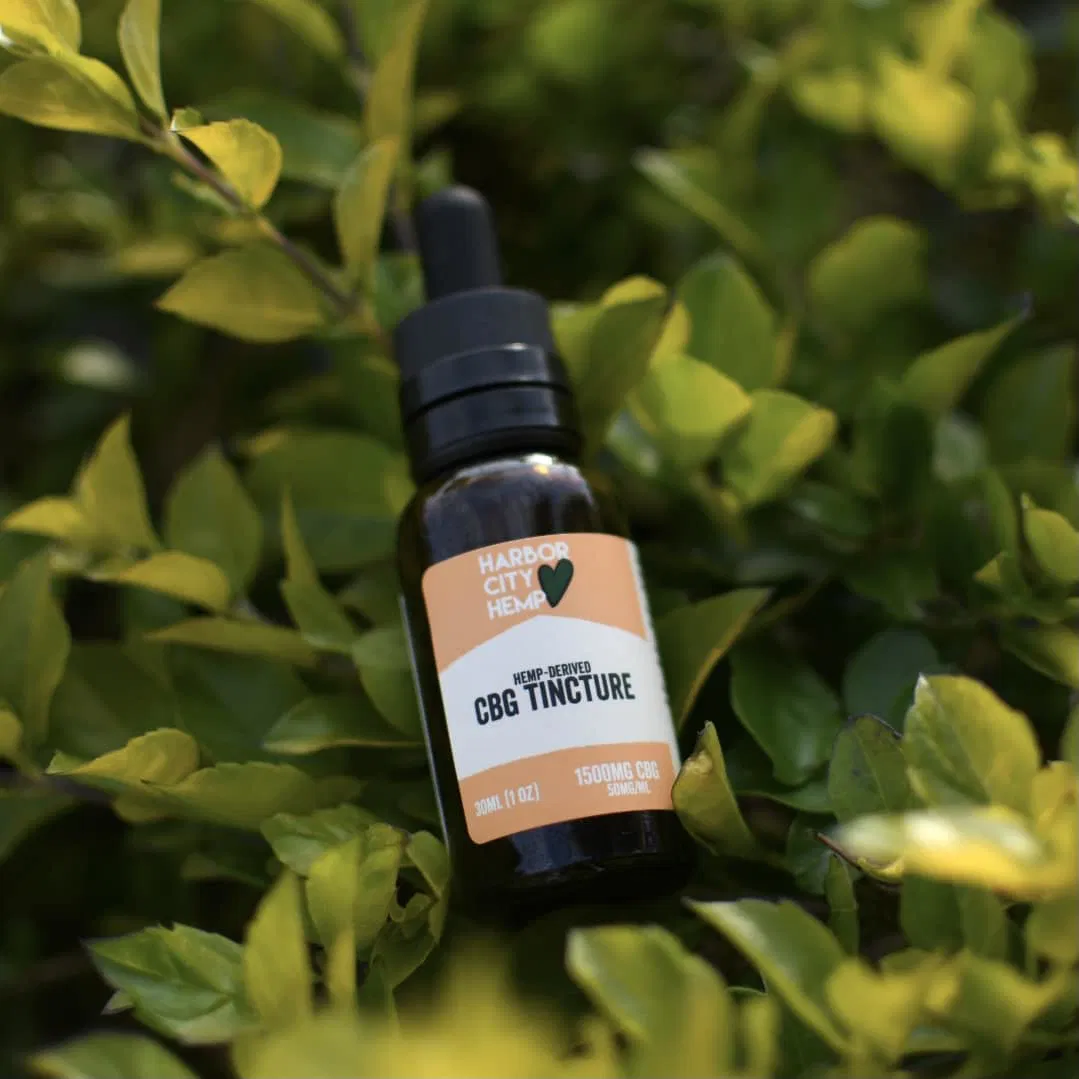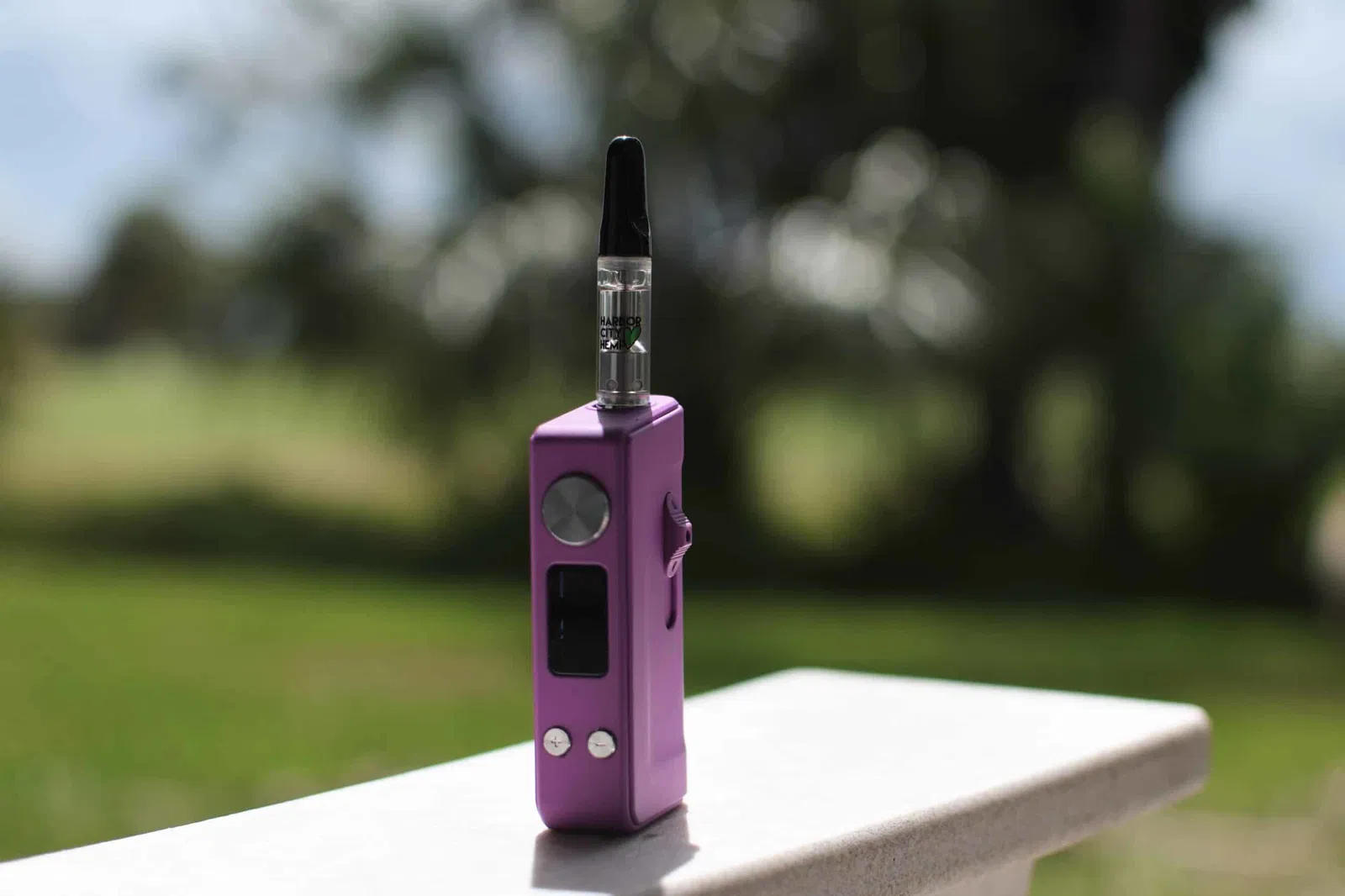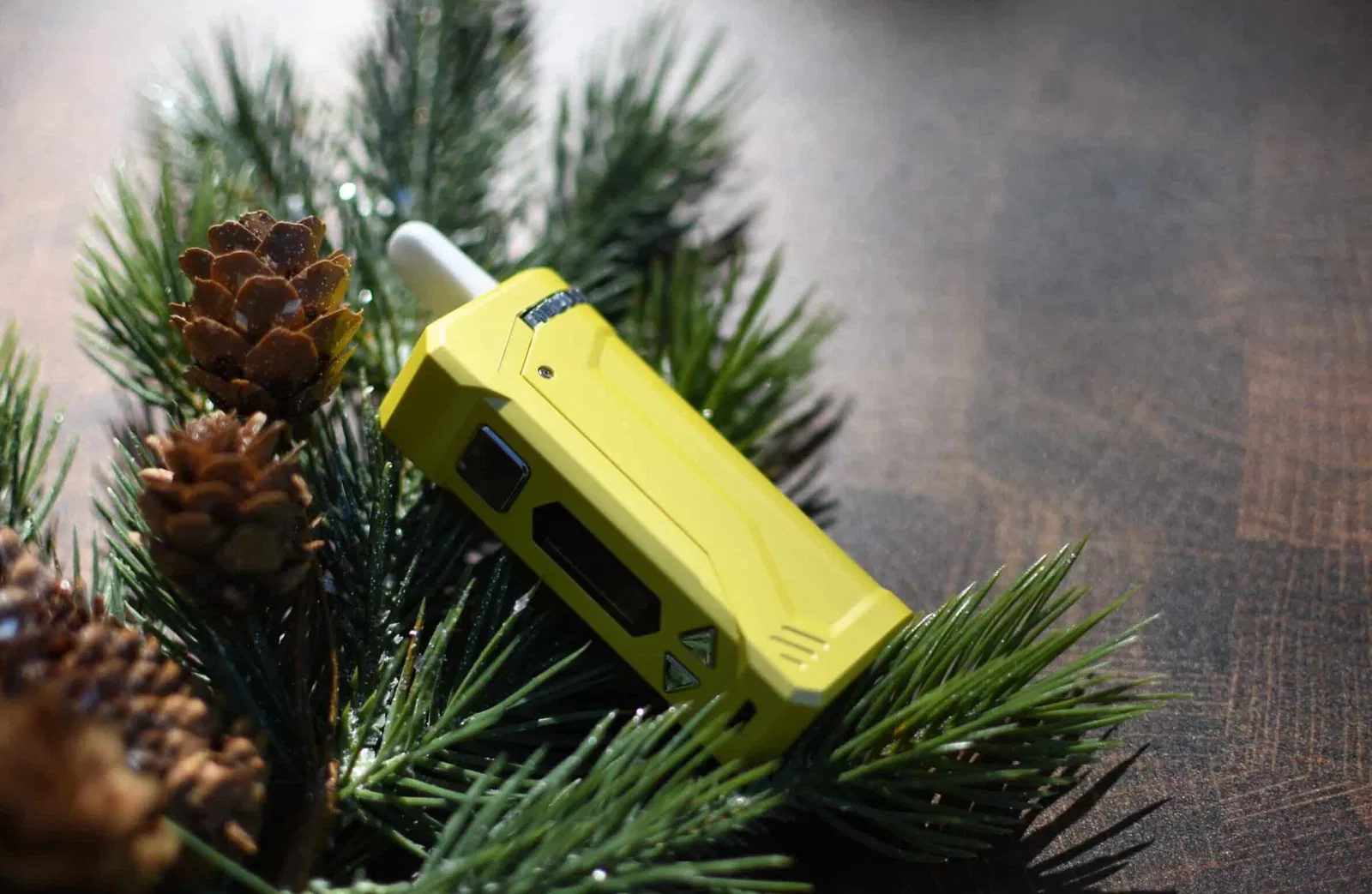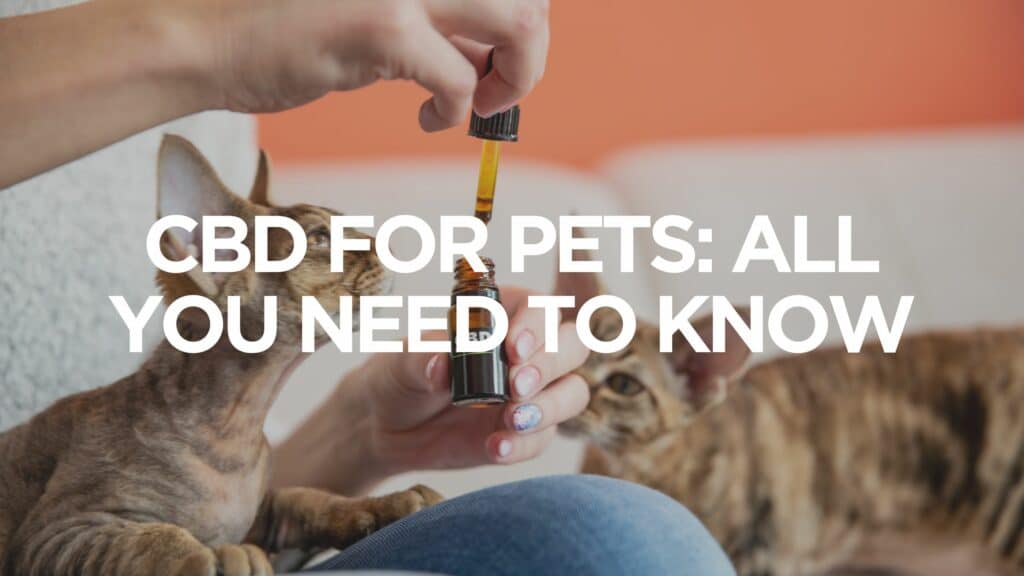Nowadays, many pet owners are aware of the detrimental consequences of using certain human medicines for dogs. With the yearly increase in veterinary care costs, CBD is fast becoming a more popular natural alternative to prescription medications. In addition, pet owners who take CBD oil also consider giving it to their cute cats and dogs.
Approximately 95 cannabinoids have been identified in cannabis plants and cannabis pet products, including cannabidiol (CBD). CBD has, in many cases, helped animals overcome anxiety and manage seizures, pain, and inflammatory problems.
Early research shows promise, but CBD for pets is a new topic among many pet lovers. Therefore, this article will cover the essentials every pet owner must know. Hopefully, obtaining the best CBD product for your furry (or scaly/feathered) friend will be a breeze after reading our recommendations below.
CBD for Pets – Is It Harmful?
Studies are still being conducted on CBD oil, but there have been no reports of it causing dangerous side effects on animals.
CBD has only been shown to produce diarrhea and changes in some liver enzyme levels after prolonged use. In contrast, THC can cause toxicity and even death in cats and dogs when administered at human dosages.
The main issue with CBD is that it prevents the body from producing cytochrome P450, an enzyme necessary for the metabolism of many different medications.
In the case where a drug’s effectiveness is tied to its metabolized product, CBD can reduce that product’s effectiveness. If your pet’s drug’s metabolism depends on cytochrome p450, you should never give it CBD oil.
6 Benefits of CBD for Pets
There is still a lack of research involving hemp products for pets. Still, there is a great deal of research (nearly 23,000 published articles!) examining the effects of CBD oil on lab animals and humans, with promising outcomes for pain (particularly arthritic pain), itching, anxiety, and cancer.
CBD oil can be helpful for the following conditions:
CBD for Pets Helps With Joint Problems
Your veterinarian may recommend nonsteroidal anti-inflammatory drugs (NSAIDs) or another pain medication, such as Gabapentin, if your pet is experiencing joint pain.
However, NSAIDs might harm your pet’s liver and accelerate the deterioration of joints and soft tissues. In addition, there is evidence that Gabapentin can damage the kidneys.
Organic hemp oil, or CBD, is a natural anti-inflammatory option that doesn’t come with the same potential for adverse effects as pharmaceutical medications. The CB1 receptors in the brain are the target of its effects. Inflammation is mitigated thanks to the immune system’s stimulation by these receptors. Additionally, CB1 receptors modify the brain’s sensitivity to pain.
CBD also interacts with CB2 receptors, which are present in the central nervous system and the immune system. When this occurs, natural cannabinoid production in the body may increase—this aids in further reducing inflammation and the pain that comes with it.
CBD for Pets Helps Fights Cancer Symptoms
Researchers constantly search for new approaches to alleviate cancer-related symptoms, including pain and nausea. Furthermore, CBD’s potential as a cancer-fighting agent has been the subject of substantial study.
The growth of breast cancer cells was inhibited in mouse research using CBD. Also, in 2018, CBD was discovered to extend the lives of mice with pancreatic cancer. In addition, numerous animal experiments have shown that CBD oil suppresses tumor growth and has anti-cancer properties.
CBD was also found to inhibit the activity of a cannabinoid receptor known as GPR55. This is significant because, in vivo studies with mice, GPR55 promoted the expansion of cancer cells.
CBD oil is also helpful in reducing nausea that often occurs during cancer therapy.
CBD for Pets Helps With Seizures & Epilepsy
Seizures and epilepsy are typically treated with antiepileptic medication by veterinarians. The most typical choices are Phenobarbital and Potassium Bromide. But unfortunately, your pet’s liver and other organs may suffer irreparable damage from these medications.
And even if the side effects are manageable, the treatments aren’t always effective.
So it was with great anticipation that scientists at Colorado State University investigated CBD oil as a potential therapy for canine epilepsy. Seizures decreased in 89% of CBD-treated canine patients.
Patients with drug-resistant epilepsy responded to CBD in human trials. After 4 or 5 months, most patients improved significantly. As a result of its interactions with the endocannabinoid system, CBD oil mitigates both the occurrence and severity of seizures.
CBD for Pets Helps With Anxiety
CBD is often used to alleviate anxiety in pets. Stress can appear in different forms, including:
- Phobias caused by loud noises
- Separation anxiety
- Aggression
- Fear
You can obtain fast relief when your pet is anxious by giving him a CBD oil capsule to chew on. The average waiting time is between 5 and 20 minutes. CBD seems most beneficial for anxiety when given over a long period. A daily dose might be the best action when your pet is susceptible to stress.
How CBD oil works to alleviate stress and anxiety is not yet known. However, it is believed to involve the regulation of serotonin. Mood, social behavior, digestion, sleep, and appetite are all controlled by serotonin, a hormone.
CBD for Pets Helps With Chronic Pain
Pain research is arguably the most promising area of CBD study. It effectively helps with pain relief, from arthritis to nerve pain, without the adverse side effects of painkillers.
CBD alters how your pet’s brain interprets pain by attaching itself to CB1 and CB2 receptors in the brain and nervous system.
CBD for Pets Helps With Allergies
Pet allergies are becoming more prevalent. They are very challenging to treat. For example, dog allergies frequently cause canine euthanasia, one of the most common causes of vet visits.
It is good news for allergic pets that their skin has an endocannabinoid system. It implies that CBD can relieve dry and itchy skin. It can also encourage the development of new, healthy skin cells.
CBD can be applied topically to hot areas or interdigital cysts, or your pet can ingest it orally to ease allergy symptoms.
With a better understanding of WHY you should give your pet CBD oil, let’s talk about HOW to choose the right product.
CBD for Pets: How to Choose
Cannabis and hemp products for pets both naturally contain the chemical CBD. As a result, both offer fantastic health advantages, but some distinctions exist.
The cannabis plant (marijuana) has a disproportionately high THC content (tetrahydrocannabinol). Cannabis has psychotropic properties because of THC. Marijuana can cause a “high” or “buzz.”
THC levels in hemp-derived CBD oil are significantly lower. Hemp must have less than 0.3% THC to be sold legally. So your pet won’t get high, but he can still benefit from the relaxation and decreased anxiety that CBD offers. And that’s crucial because, when you might take pleasure in the high, your pet unquestionably does not!
The same CBD benefits(immune-boosting and pain-relieving effects of hemp CBD) apply to your pet. However, not all cannabis pet products are created equal.
Choose a Full-Spectrum Hemp Extract or Broad-Spectrum CBD Oil
Check the label to find out whether your CBD product uses full-spectrum CBD or broad-spectrum CBD or not.
In addition to CBD, your pet CBD oil should also contain other significant and natural chemicals in full-spectrum hemp. This comprises CBG and CBC (cannabichromene) (Cannabigerol) and terpenes like limonene, alpha-pinene, and beta-pinene.
The entourage effect results from terpenes and cannabinoids working together, which occurs when various elements in hemp oil combine to enhance its benefits.
The terpenes are crushed when CBD oil is extracted using CO2 (you’ll learn more about this in a moment). As a result, they will be difficult to find during testing and won’t appear on the Certificate Of Analysis. But they’ll still be around and help the medical effects of CBD oil.
Solvent-extracted CBD oils will better preserve terpenes. They are therefore recorded on the Certificate of Analysis.
Your CBD Oil Should Be Extracted Using CO2
There are two standard methods for extracting CBD oil from hemp plants.
CO2 Extraction
Plant oil can be extracted using carbon dioxide (as you would have thought). First, pressure is applied to the hemp using carbon dioxide in a high-pressure chamber. After the hemp is broken down, the oil is extracted.
The concentration in the resulting CBD oils rises throughout this extraction process. That enhances the effectiveness of the supplement for your pet. But it also raises the price of the final product.
Solvent Extraction
Hemp oil may be extracted from the plant at a low cost using solvents like Propane and Butane. However, your pet should not ingest the leftover residue from these solvents, which will be present in the product.
A few CBD oil extraction methods use all-natural substances like ethanol or olive oil. Though entirely safe for Pets, these oils can break down the hemp plant’s waxes, making it less effective.
Look for a Certificate of Analysis
Purchasing CBD oil for pets with a certificate of analysis (COA) is recommended.
A certificate of analysis can verify the volume and type of cannabinoids in a CBD product. COAs safeguard your pet from low-quality CBD products and are typically issued by an independent lab. The company should have one for each batch of the hemp plant.
Inquire about a Certificate of Analysis (COA) before purchasing CBD oil for pets if one is not already provided on the company’s website.
Make Sure There Are No Contaminants
Identifying the origin and cultivation method of the hemp used to produce CBD oils is essential. This greatly influences the third-party labs’ test results as well.
Whenever possible, choose organic CBD oil because they have a lower chance of exposure to environmental toxins. You want to ensure the plant was produced in as pure soil and water as possible to ensure you get the best CBD oils.
Understand that hemp plants are excellent sponges and can absorb pollutants as they develop. Therefore, heavy metal poisoning may be a problem with low-quality CBD oils.
Consequently, examine the COA for impurities, such as pesticides, heavy metals, and solvent residues. Remember, the best CBD oils in the CBD industry are free of contaminants.
Possible Side Effects of CBD on Pets
The following are some common side effects you should be aware of:
- Dries your pet’s mouth: There is evidence that CBD can decrease saliva production for a short while after consumption. Both cats and dogs may experience increased thirst as a result of this.
- Lowered blood pressure: High CBD doses can temporarily drop blood pressure. While the drop is small, it might cause a passing feeling of lightheadedness.
- Drowsiness: Drowsiness may also occur due to CBD’s calming effects, especially when the dose is higher.
- Vomit: The most common side effect of administering CBD oil to your pet is vomiting. Since CBD oil tastes bitter, your pet may reject and vomit it unless you use flavored products. We suggest Harbor City CBD Pet Tincture THC-Free, Bacon Flavored.
Dosing CBD for Pets – Dogs & Cats
So far, many users have reported achieving desirable results with the dosages mentioned below. But regardless of what you read here, you must always speak with your vet before determining the correct dose for your little friend.
CBD for Pets: Dog Dosage
The milligram concentration of CBD contained in CBD pet products varies (mg). You can sprinkle Harbor City Hemp Pet Tinctures over your dog’s food, as the flavor is often well-received by canines.
Dogs should be given 0.05 to 0.25 mg/pound of your pet weight twice daily. We recommend going easy at first before gradually increasing the amount used. If 0.05 mg/lb is effective, don’t increase it.
Only if the initial, lower dose has no effect should you consider increasing it. If that’s the case, your pet’s dosage should be increased to 0.125 mg/pound twice daily. It’s common to find that smaller doses work well for anxiety and preventative care. But you’ll require more if your pet is battling discomfort or immunological difficulties.
Remember to buy the correct potency based on the size of your dog. Most CBD oils have varying CBD concentrations, such as 75 mg for small dogs and 300+ mg for bigger dogs.
CBD for Pets: Cat Dosage
Pet owners should remember that every cat and every situation is unique, so they might need to experiment with their cats to discover the perfect dose. However, the usual advice for a typical 10-pound cat is 1–5 mg.
Try a dosage between the advised range and observe any calming effects, which should start to show themselves within an hour. If not, you might want to add additional CBD to reach the maximum dosage. Once you’ve established the ideal dosage, your cat will appear calm but alert.
Some cats find the grassy natural flavor of CBD to be repulsive. For picky cats, try a flavorless CBD oil in food or treats. The flavorless CBD oil can be added to food or treats to make them more appealing to cats.
Coconut oil infused with CBD is an alternative to bottled CBD oil. This item is quite versatile. It can be dabbed on the paws for cats to lick off or applied to the exposed area inside a cat’s ears to be absorbed transdermally.
Harbor City Hemp Discount Program
At Harbor City Hemp, we are delighted to offer our customers a discount of up to 30% on all products that qualify for the promotion.
Check out our website to find out if you qualify for the Harbor City Hemp Discount Program, and if you do, fill out the form on our site to request a discount. Please do not hesitate to contact us if you have any further questions. If you need any help, we are always happy to assist you.
Conclusion
Even though the research and regulations surrounding CBD for pets are still somewhat unclear, it is clear that the need for pet CBD is at an all-time high.
There is a growing awareness about the therapeutic benefits of CBD, and as a result, many consumers are already supportive and accepting of CBD products for pets.
As long as you don’t add sugar and artificial flavors to the CBD oil, giving it to your pet is unlikely to harm them. The dosage should also be calculated according to your pet’s weight and after consulting with a vet.
In addition, you should consult your veterinarian before giving your pet CBD oil- especially if they are using other medications or have underlying health issues.
FAQ
Is CBD safe for dogs and cats?
There is no harm in using CBD for your pets as long as you measure the dosage correctly and use pure CBD. Its benefits and safety record have made it a widely recommended solution in the veterinary world because of its wide range of applications.
Do vets recommend CBD for pets?
While some doctors do not prescribe CBD products because of certain societal preconceptions and the fact that CBD products are not FDA-approved, many doctors prescribe them.
Is there a distinction between pet CBD and human CBD?
Pets and humans use CBD in the same way. The differences are not significant. However, pet products are usually flavored with meaty or fishy flavors. When looking for the best CBD oil for your dog, you should follow the directions and make sure that what you give them has been developed, especially for them. Pet products have just the right amount of CBD content and perfectly fit their consumption needs.




